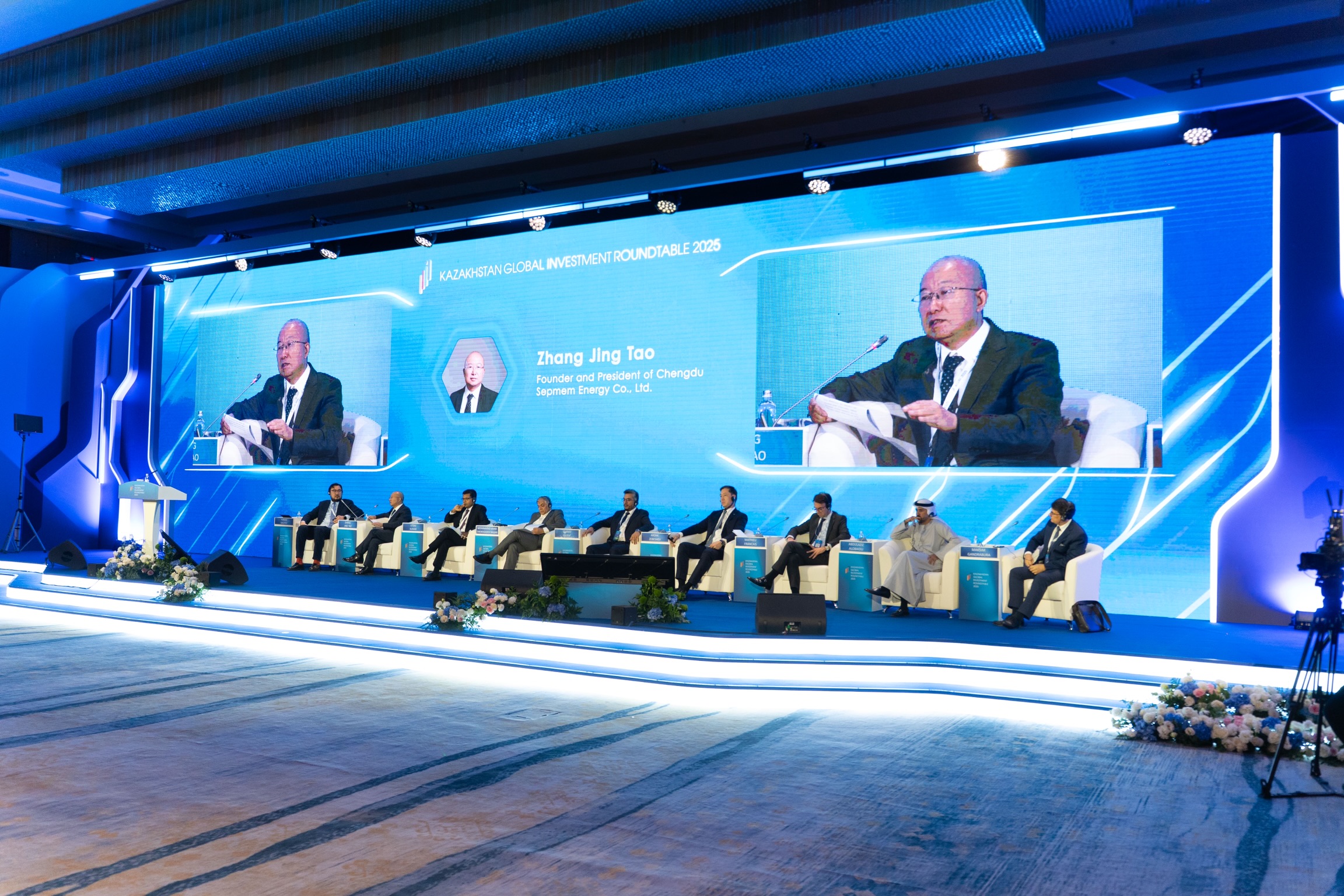Copyright astanatimes

ASTANA – The Kazakhstan Global Investment Roundtable (KGIR) opened on Oct. 31, dedicating one of its key sessions to critical minerals and the energy transition. The participants discussed how these resources are shaping global development as the world moves toward a sustainable, high-tech future. The speakers highlighted that critical minerals are becoming a major driver of Kazakhstan’s economic growth, reshaping its industrial landscape and creating new investment opportunities. In his welcoming remarks, Minister of Industry and Construction Yersayin Nagaspayev said Kazakhstan possesses a diverse mineral base, including significant reserves of tungsten, uranium, and chromite. The country is also a global leader in manganese, silver, tin, and other valuable minerals, which are increasingly in demand as part of the green transition. Nagaspayev emphasized that the mining and metallurgical sector remains a cornerstone of Kazakhstan’s economy, supporting regional growth, job creation and foreign investment. “In 2024, the sector accounted for 8% of the country’s GDP, with total output exceeding $29 billion, of which $21 billion was exported. Investments in this sector reached $3.6 billion, and five major projects worth more than $6 billion are planned in the near future, creating around 8,000 new jobs,” he said. He invited geological exploration and mining companies to join Kazakhstan in developing new projects, noting that the country provides a transparent, stable, and predictable business environment. Investment climate and opportunities Emrah Erdem, regional director of Miryildiz Mining of Türkiye), supported Nagaspayev’s remarks, praising Kazakhstan’s favorable government policies and business conditions for foreign investors. Erdem advised potential investors to work closely with local professionals and officials to navigate regulations effectively. “It is important to do things correctly and quickly – that’s how we have built a strong relationship with the government. If you work with the right people, who are professional and understand the system, everything becomes much easier,” he said. Zhang Jing Tao, founder and president of Chengdu Sepmem Energy, proposed building liquefied natural gas (LNG) plants in Kazakhstan, describing LNG development as part of a broader vision for a cleaner and more sustainable future. “LNG is simply natural gas cooled to minus 162 degrees Celsius until it becomes liquid. Its volume shrinks 625 times, making it easier and cheaper to store and transport. It’s clean, safe, and reliable – often called the ‘bridge fuel’ of the energy transition, connecting today’s fossil-fuel world with tomorrow’s renewable era,” he said. Jing Tao noted that Kazakhstan’s abundant natural gas reserves and its strategic location between major energy markets make LNG a strong alternative to diesel, particularly for heavy trucks and intercity buses. “Compared with diesel, LNG trucks can travel up to 1,500 kilometers per refueling, cut nitrogen oxides by 80%, particulate matter by 90%, and reduce fuel costs by nearly 40%. Developing a domestic LNG supply chain will strengthen energy independence and improve Kazakhstan’s trade balance,” he said. Focus on mineral processing and sustainability Mohammad Vahid Sheikhzadeh Najjar, Iran’s Fakoor Sanat Tehran Engineering (FST) CEO, underscored the vital role of mineral processing in Kazakhstan’s industrial future. He said rising global demand for critical minerals presents major opportunities for Kazakhstan’s mining sector. “The global market for critical minerals is currently valued at $328 billion and is projected to reach $586 billion by 2032. By 2030, significant new mining capacity will be required to meet demand, especially for copper and other essential minerals. Kazakhstan’s vast potential places it at the forefront of this global growth,” he said. Sheikhzadeh Najjar also highlighted FST’s work on Technogenic Mineral Formation, an important issue for Kazakhstan given the 55 billion tons of accumulated mineral processing waste nationwide. “We are developing innovative solutions to process low-grade ores and mining tailings, turning waste into valuable resources. Our work at the Lisakovsk tailing deposit shows how waste materials can be transformed into economic assets while addressing environmental concerns,” he said. KGIR has been held annually since 2017 and is considered one of the country’s key investment events. This year’s edition gathered around 700 delegates from 40 countries, reflecting growing international interest in Kazakhstan.



